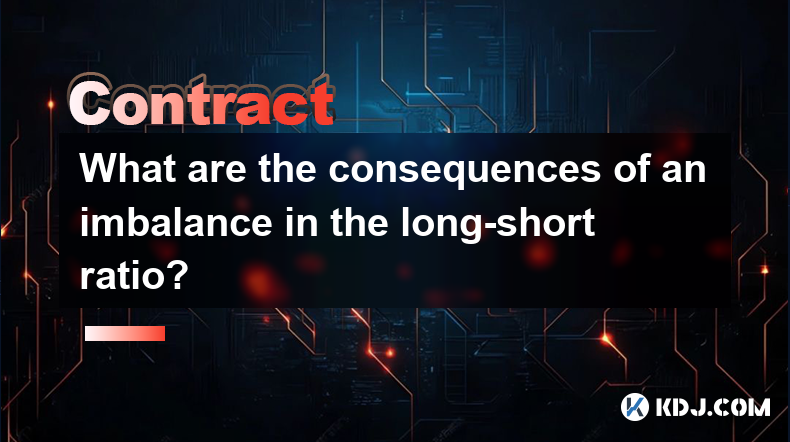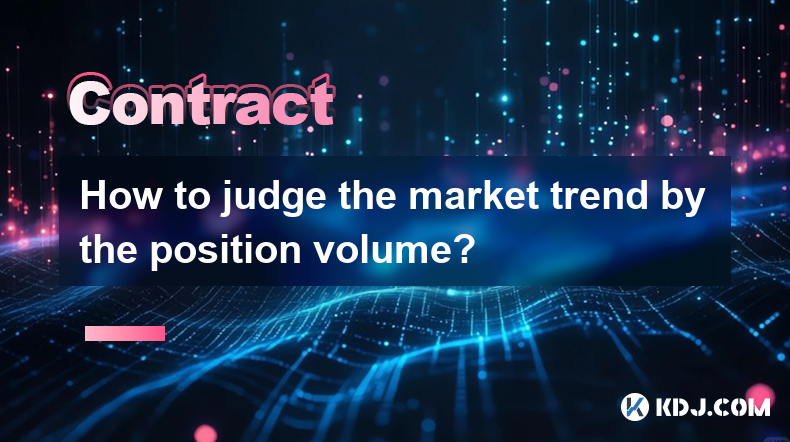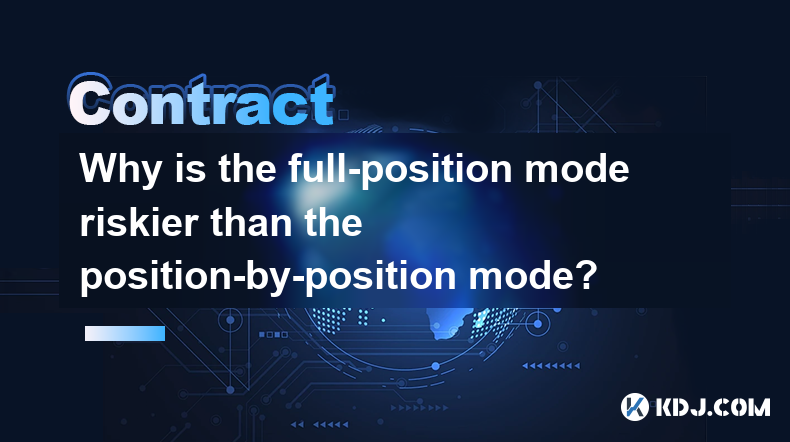-
 Bitcoin
Bitcoin $88,629.0112
1.53% -
 Ethereum
Ethereum $1,633.3416
0.24% -
 Tether USDt
Tether USDt $1.0000
0.01% -
 XRP
XRP $2.0979
-1.08% -
 BNB
BNB $605.5535
0.62% -
 Solana
Solana $140.2764
0.66% -
 USDC
USDC $1.0000
0.01% -
 Dogecoin
Dogecoin $0.1643
1.41% -
 TRON
TRON $0.2438
0.47% -
 Cardano
Cardano $0.6391
-0.43% -
 Chainlink
Chainlink $13.4401
-0.21% -
 Avalanche
Avalanche $20.3874
-0.96% -
 UNUS SED LEO
UNUS SED LEO $8.8373
-2.11% -
 Stellar
Stellar $0.2496
-3.26% -
 Sui
Sui $2.3313
3.08% -
 Shiba Inu
Shiba Inu $0.0...01260
-0.18% -
 Hedera
Hedera $0.1732
1.55% -
 Toncoin
Toncoin $2.9117
-3.34% -
 Bitcoin Cash
Bitcoin Cash $346.5808
1.81% -
 Hyperliquid
Hyperliquid $18.4964
3.15% -
 Litecoin
Litecoin $79.8162
-0.77% -
 Polkadot
Polkadot $3.7801
-3.27% -
 Dai
Dai $1.0000
0.00% -
 Bitget Token
Bitget Token $4.4558
-0.32% -
 Ethena USDe
Ethena USDe $0.9992
0.01% -
 Pi
Pi $0.6369
0.62% -
 Monero
Monero $217.7312
1.28% -
 Pepe
Pepe $0.0...08147
2.99% -
 Uniswap
Uniswap $5.4346
0.09% -
 Aptos
Aptos $4.9660
-4.00%
How to play BitMart coin-margined contracts
Traders can speculate on cryptocurrency price movements using BitMart coin-margined contracts, which offer leverage and flexible trading options but come with risks such as high volatility and potential liquidations.
Nov 30, 2024 at 08:57 am

How to Play BitMart Coin-Margined Contracts: A Comprehensive Guide
Coin-margined contracts, also known as inverse futures contracts, allow traders to speculate on the price movements of cryptocurrencies using Bitcoin (BTC) as collateral. This type of contract offers leverage, enabling traders to amplify their potential profits (and losses).
Understanding BitMart Coin-Margined Contracts
- Contract Value: The contract value is the total amount of BTC used as collateral.
- Margin: The margin is a percentage of the contract value that traders must deposit as security.
- Leverage: The leverage is the ratio of the contract value to the margin. For example, a leverage of 20x means that traders can control a contract worth $20,000 using only $1,000 as margin.
Benefits of Coin-Margined Contracts
- Leveraged Trading: Allows traders to increase their potential profits by using borrowed funds.
- Flexibility: Enables traders to go long (bet on price increases) or short (bet on price decreases) on cryptocurrencies.
- Hedging: Can be used as a hedging tool against spot market volatility.
Risks of Coin-Margined Contracts
- High Risk: Due to leverage, coin-margined contracts carry a higher risk of significant losses.
- Liquidation: If the market moves against a trader's position and the margin falls below a minimum level, the contract may be liquidated, resulting in the loss of the entire margin.
- Volatility: Cryptocurrencies are inherently volatile, which can lead to rapid price swings and increased risk.
Getting Started with BitMart Coin-Margined Contracts
1. Fund Your BitMart Account:
- Create a BitMart account and complete KYC verification.
- Fund your account with BTC for use as collateral.
2. Choose a Contract:
- Navigate to the "Futures" section of BitMart.
- Select the coin-margined contract for the cryptocurrency you wish to trade.
3. Review Contract Specifications:
- Read and understand the contract specifications, including leverage, margin, and liquidation levels.
4. Set Margin and Leverage:
- Determine the amount of BTC you want to use for the contract and the desired leverage level.
- Input these values into the corresponding fields.
5. Place an Order:
- Choose the type of order (e.g., limit, market).
- Input the quantity (number of contracts) and price.
- Review the order details and confirm the trade.
6. Monitor Position:
- Track the open position in the "Positions" section.
- Monitor market movements and manage risk by adjusting leverage or closing the position.
7. Close Position:
- Close the contract by placing a reverse order (e.g., sell to close a long position).
- The result will be either a gain or a loss, which will be credited or debited to your account.
Additional Tips for Trading Coin-Margined Contracts
- Practice: Gain experience through demo trading or small-scale trades.
- Manage Risk: Use stop-loss orders to limit potential losses.
- Monitor Market Conditions: Stay informed about global and cryptocurrency market conditions.
- Use Market Sentiment Indicators: Follow trading signals and social media sentiment to gauge market direction.
- Consider Technical Analysis: Use charting tools and technical indicators to identify potential trading opportunities.
- Avoid Emotional Trading: Stay disciplined and make decisions based on logic and strategy.
- Seek Advice from Experts: Consult with experienced traders or financial professionals for guidance.
Disclaimer:info@kdj.com
The information provided is not trading advice. kdj.com does not assume any responsibility for any investments made based on the information provided in this article. Cryptocurrencies are highly volatile and it is highly recommended that you invest with caution after thorough research!
If you believe that the content used on this website infringes your copyright, please contact us immediately (info@kdj.com) and we will delete it promptly.
- From a Coin That Wasn't Supposed to Exist to Another That Got Melted Down
- 2025-04-22 21:00:12
- 3 Cryptos to Buy Now Before Parabolic Gains Hit
- 2025-04-22 21:00:12
- Coinbase Derivatives launches XRP-Future contracts, approved by the American Commodity Futures Trading Commission (CFTC)
- 2025-04-22 20:55:13
- Amp (AMP) price prediction: Can this token continue its bullish run?
- 2025-04-22 20:55:13
- Trump Establishes a Limited Bitcoin Strategic Reserve via Executive Order
- 2025-04-22 20:50:12
- Meme Coin Did Not Ruin This Cycle, But Instead Accelerated the Maturity of the Industry as a Market Catalyst
- 2025-04-22 20:50:12
Related knowledge

How does Tail Protection reduce the loss of liquidation?
Apr 11,2025 at 01:50am
Introduction to Tail Protection in CryptocurrencyTail Protection is a mechanism designed to mitigate the risks associated with liquidation in cryptocurrency trading. Liquidation occurs when a trader's position is forcibly closed by the exchange due to insufficient margin to cover potential losses. This often happens in leveraged trading, where traders b...

What are the consequences of an imbalance in the long-short ratio?
Apr 13,2025 at 02:50pm
The long-short ratio is a critical metric in the cryptocurrency trading world, reflecting the balance between bullish and bearish sentiments among traders. An imbalance in this ratio can have significant consequences on the market dynamics, affecting everything from price volatility to trading strategies. Understanding these consequences is essential fo...

How to judge the market trend by the position volume?
Apr 11,2025 at 02:29pm
Understanding how to judge the market trend by position volume is crucial for any cryptocurrency trader. Position volume, which refers to the total number of open positions in a particular cryptocurrency, can provide valuable insights into market sentiment and potential price movements. By analyzing this data, traders can make more informed decisions ab...

Why does a perpetual contract have no expiration date?
Apr 09,2025 at 08:43pm
Perpetual contracts, also known as perpetual futures or perpetual swaps, are a type of derivative product that has gained significant popularity in the cryptocurrency market. Unlike traditional futures contracts, which have a fixed expiration date, perpetual contracts do not expire. This unique feature raises the question: why does a perpetual contract ...

Why is the full-position mode riskier than the position-by-position mode?
Apr 13,2025 at 03:42pm
Why is the Full-Position Mode Riskier Than the Position-by-Position Mode? In the world of cryptocurrency trading, the choice between full-position mode and position-by-position mode can significantly impact the risk profile of a trader's portfolio. Understanding the differences between these two modes is crucial for making informed trading decisions. Th...

How is the liquidation price calculated?
Apr 12,2025 at 01:35am
Introduction to Liquidation PriceLiquidation price is a critical concept in the world of cryptocurrency trading, particularly when dealing with leveraged positions. Understanding how this price is calculated is essential for traders to manage their risk effectively. The liquidation price is the point at which a trader's position is forcibly closed by th...

How does Tail Protection reduce the loss of liquidation?
Apr 11,2025 at 01:50am
Introduction to Tail Protection in CryptocurrencyTail Protection is a mechanism designed to mitigate the risks associated with liquidation in cryptocurrency trading. Liquidation occurs when a trader's position is forcibly closed by the exchange due to insufficient margin to cover potential losses. This often happens in leveraged trading, where traders b...

What are the consequences of an imbalance in the long-short ratio?
Apr 13,2025 at 02:50pm
The long-short ratio is a critical metric in the cryptocurrency trading world, reflecting the balance between bullish and bearish sentiments among traders. An imbalance in this ratio can have significant consequences on the market dynamics, affecting everything from price volatility to trading strategies. Understanding these consequences is essential fo...

How to judge the market trend by the position volume?
Apr 11,2025 at 02:29pm
Understanding how to judge the market trend by position volume is crucial for any cryptocurrency trader. Position volume, which refers to the total number of open positions in a particular cryptocurrency, can provide valuable insights into market sentiment and potential price movements. By analyzing this data, traders can make more informed decisions ab...

Why does a perpetual contract have no expiration date?
Apr 09,2025 at 08:43pm
Perpetual contracts, also known as perpetual futures or perpetual swaps, are a type of derivative product that has gained significant popularity in the cryptocurrency market. Unlike traditional futures contracts, which have a fixed expiration date, perpetual contracts do not expire. This unique feature raises the question: why does a perpetual contract ...

Why is the full-position mode riskier than the position-by-position mode?
Apr 13,2025 at 03:42pm
Why is the Full-Position Mode Riskier Than the Position-by-Position Mode? In the world of cryptocurrency trading, the choice between full-position mode and position-by-position mode can significantly impact the risk profile of a trader's portfolio. Understanding the differences between these two modes is crucial for making informed trading decisions. Th...

How is the liquidation price calculated?
Apr 12,2025 at 01:35am
Introduction to Liquidation PriceLiquidation price is a critical concept in the world of cryptocurrency trading, particularly when dealing with leveraged positions. Understanding how this price is calculated is essential for traders to manage their risk effectively. The liquidation price is the point at which a trader's position is forcibly closed by th...
See all articles























































































